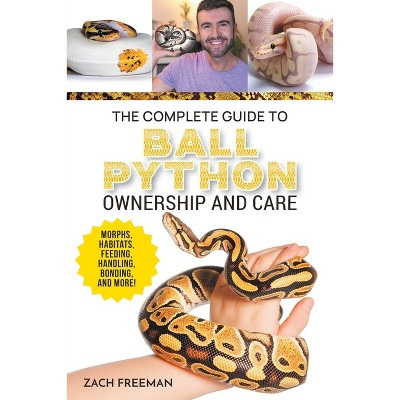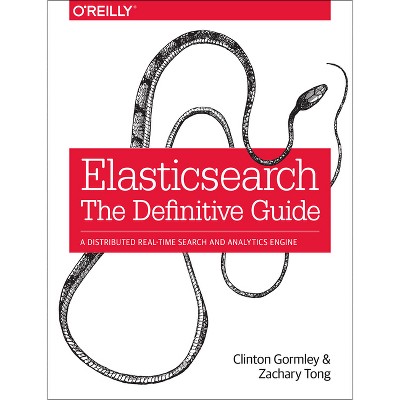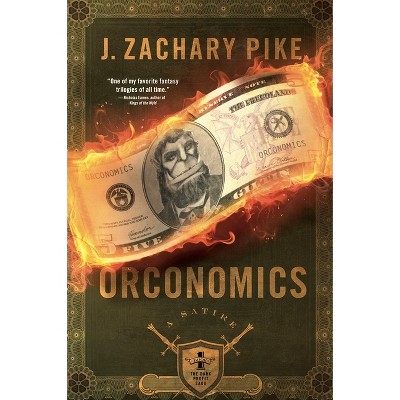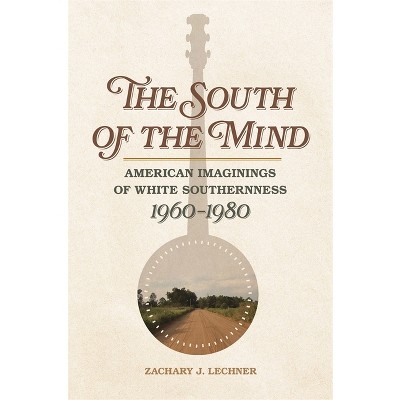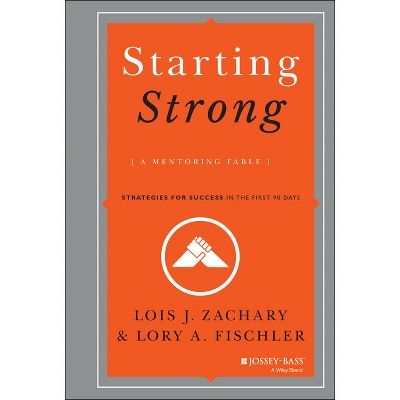$32.95 when purchased online
Target Online store #3991
About this item
Highlights
- In the antebellum United States, formerly enslaved men and women who told their stories and advocated for abolition helped establish a new genre with widely recognized tropes: the slave narrative.
- About the Author: Zachary Hutchins is associate professor of English at Colorado State University and co-editor of The Earliest African American Literatures: A Critical Reader.
- 306 Pages
- Social Science, Ethnic Studies
Description
About the Book
"In the antebellum United States, formerly enslaved men and women who told their stories and advocated for abolition helped establish a new genre with widely recognized tropes: the slave narrative. This book investigates how enslaved black Africans conceived of themselves and their stories before the War of American Independence and the genre's development in the nineteenth century. Zachary McLeod Hutchins argues that colonial newspapers were pivotal in shaping popular understandings of both slavery and the black African experience well before the slave narrative's proliferation"--Book Synopsis
In the antebellum United States, formerly enslaved men and women who told their stories and advocated for abolition helped establish a new genre with widely recognized tropes: the slave narrative. This book investigates how enslaved black Africans conceived of themselves and their stories before the War of American Independence and the genre's development in the nineteenth century. Zachary McLeod Hutchins argues that colonial newspapers were pivotal in shaping popular understandings of both slavery and the black African experience well before the slave narrative's proliferation. Introducing the voices and art of black Africans long excluded from the annals of literary history, Hutchins shows how the earliest life writing by and about enslaved black Africans established them as political agents in an Atlantic world defined by diplomacy, war, and foreign relations. In recovering their stories, Hutchins sheds new light on how black Africans became Black Americans; how the earliest accounts of enslaved life were composed editorially from textual fragments rather than authored by a single hand; and how the public discourse of slavery shifted from the language of just wars and foreign policy to a heritable, race-based system of domestic oppression.Review Quotes
"Before Equiano demonstrate[s] fresh ways of understanding African American literature. . . . Scholars interested in the complex history of race, slavery, and literacy in early American should save a place on their shelf for [this work]."--William & Mary Quarterly
"Before Equiano . . . makes important contributions to our understanding of colonial conceptions of enslavement and highlights the significant differences between eighteenth-century views of slavery and those Americans held in the antebellum period. . . . [A] valiant effort to recover the words, the lives, and, above all, the mind-set of enslaved people engaged in influencing colonial conceptions of enslavement in the eighteenth century."-Journal of American History
"Before Equiano is such a beautiful achievement. It is the first comprehensive study of the rhetorical habits, historical contexts, and discursive strains of the slave narrative prior to its consecration in the antebellum era; in short, it is the story of the slave narrative before it became the slave narrative."--American Literary History
"Before Equiano, through its emphasis on the eighteenth-century periodical record, provides important context for the nineteenth-century slave narrative and for a Black life writing tradition more broadly."-- Eighteenth-Century Studies
"Hutchins makes an important contribution to the growing scholarly interest in expanding our understanding of what a published 'slave narrative' was by investigating the eighteenth-century origins of what is usually understood to be a nineteenth-century Anglo-American genre."--H-Early-America
"Scholars of the literature of slavery and, indeed, the slave narrative, have a great deal to learn from Before Equiano... With its explicit reliance on both the archive and the critic's "imaginative readings," [it] affirms the need for early Americanists to continue to think carefully about the purposes and methodologies of historicist literary criticism." -Early American Literature
About the Author
Zachary Hutchins is associate professor of English at Colorado State University and co-editor of The Earliest African American Literatures: A Critical Reader.Dimensions (Overall): 9.21 Inches (H) x 6.14 Inches (W) x .69 Inches (D)
Weight: 1.04 Pounds
Suggested Age: 22 Years and Up
Number of Pages: 306
Genre: Social Science
Sub-Genre: Ethnic Studies
Publisher: University of North Carolina Press
Theme: African American Studies
Format: Paperback
Author: Zachary McLeod Hutchins
Language: English
Street Date: December 27, 2022
TCIN: 88967650
UPC: 9781469671543
Item Number (DPCI): 247-23-7172
Origin: Made in the USA or Imported
If the item details above aren’t accurate or complete, we want to know about it.
Shipping details
Estimated ship dimensions: 0.69 inches length x 6.14 inches width x 9.21 inches height
Estimated ship weight: 1.04 pounds
We regret that this item cannot be shipped to PO Boxes.
This item cannot be shipped to the following locations: American Samoa (see also separate entry under AS), Guam (see also separate entry under GU), Northern Mariana Islands, Puerto Rico (see also separate entry under PR), United States Minor Outlying Islands, Virgin Islands, U.S., APO/FPO
Return details
This item can be returned to any Target store or Target.com.
This item must be returned within 90 days of the date it was purchased in store, shipped, delivered by a Shipt shopper, or made ready for pickup.
See the return policy for complete information.

